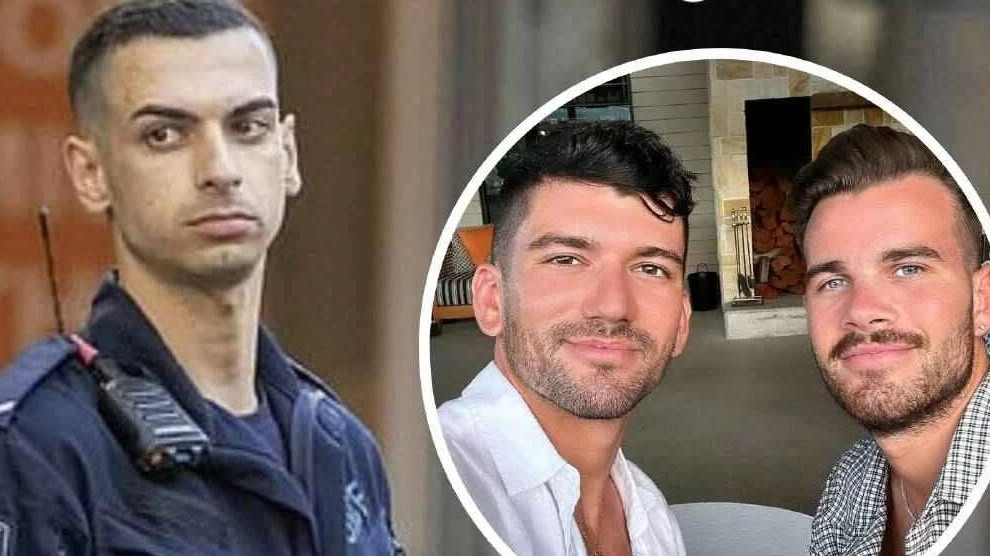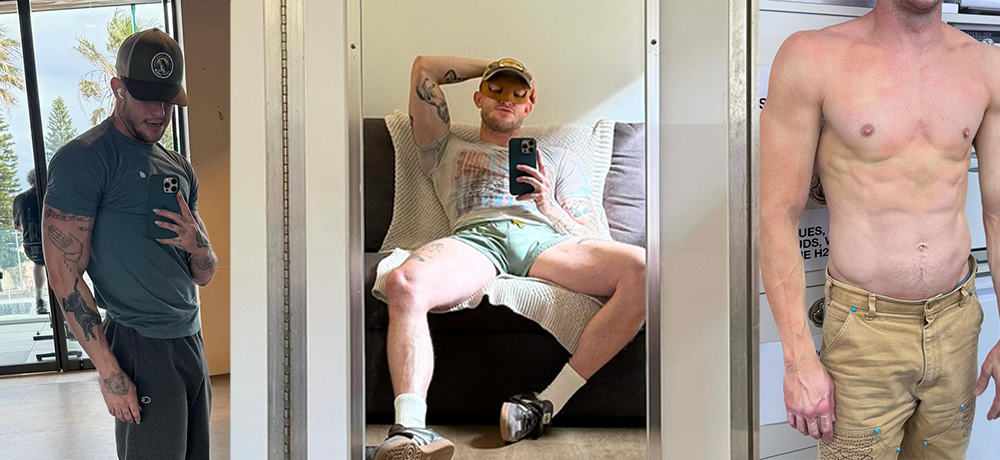
Warts and all
A new vaccine for the human papilloma virus (HPV), which causes genital warts and can lead to anal cancer in gay men, is about to be trialled in Sydney’s gay community.
HPV, otherwise known as the wart virus, is the most commonly transmitted STI in Australia, with around 75 percent of sexually active people acquiring it during their lifetime.
Experts say almost all gay men will come into contact with HPV, which is 96 percent more common in men than it was 20 years ago. And infection rates are rising.
In men the virus can cause wart-like bumps on the penis, anus and sometimes around the mouth. HPV is passed on by skin-to-skin contact, like herpes and syphilis, so condoms are of little benefit in preventing it, Dr Neil Bodsworth said. Bodsworth is director of research at Taylor Square Private Clinic, which is taking part in the trial.
And people with HPV don’t always know when they’ve got it.
About a third of persons infected with the HPV will get actual warts. The remainder will have no signs but will still be contagious, Dr Bodsworth said.
There is no reliable test to see if someone has HPV but not warts. Biopsy and skin scrapes (pap smears or chap smears) can show infection but cannot exclude it in the skin not sampled, so are of little practical use.
Warts can usually be burnt off with dry ice. There are also a number of creams on the market, but surgery is sometimes necessary to excise the warts.
While many consider HPV or genital warts to be a trivial condition, it can be incredibly dangerous. There are strong links between HPV and cancer in both men and women.
In men, incidences of anal cancer are usually found to contain HPV DNA. Gay men are four times more likely to develop anal cancer than heterosexual men.
HPV has also been linked to cervical cancer in women, a disease which causes around 300 deaths in Australia each year. One worldwide study found 99.7 percent of cervical cancer samples contained HPV.
The vaccine is already being trialled in women and has so far proved successful in 70 percent of cases.
Now doctors are seeking gay men aged 18 to 23 -“ the age at which new infections are most common -“ to take part in the trial. Participants will be given three vaccinations over six months and then followed for three years to see if warts develop.
Anyone interested in taking part should contact Dr Bodsworth on 9331 6151 or neilb@tspc.com.au, or go to www.genitalwartsvaccine.medinfo.com.au>/u> for more info.









